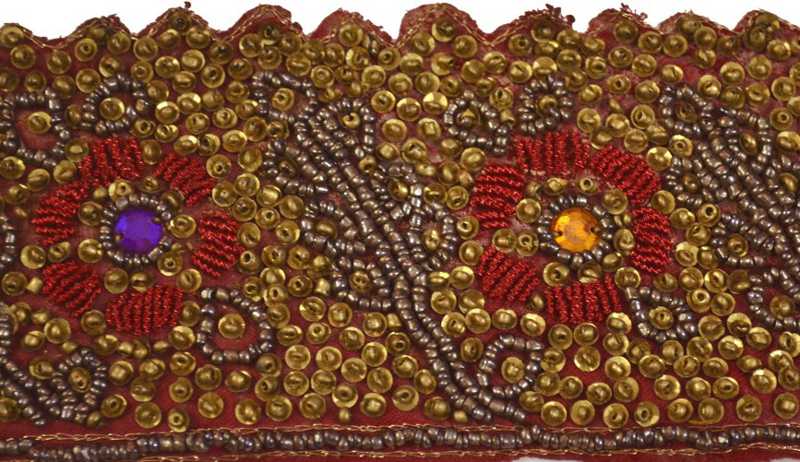===
0293,
1
===

=== |
 |
mustaujib : 'Deserving, meriting, worthy (of); fitting, proper; —s.m. Author, cause; motive'. (Platts p.1033)
mustaujib : 'Who makes or judges to be necessary; meriting, proper, worthy of; an author, cause, motive'. (Steingass p.1234)
jalnā : 'To burn; to be burnt; to be on fire; to be kindled, be lighted; to be scorched, be singed; to be inflamed, to be consumed; to be touched, moved, or affected (with pity, &c.); to feel pain, sorrow, anguish, &c.; to burn or be consumed with love, or jealousy, or envy, &c.; to take amiss, be offended, be indignant; to get into a passion, be enraged, to rage'. (Platts p.387)
FWP:
SETS == A,B; GENERATORS; SUBJECT?
MOTIFS
NAMES
TERMS == RHYMEThe relationship between the lines is left for us to decide, and the decision must center on the excellently multivalent word mustaujib (see the definitions above). Here are some possibilities:
='Because of my gallantry as a lover, I deserve to be rewarded with torments.'
='Because of my stubbornness and persistence, I deserve to be punished with torments.'
='Because of my toughness and endurance, I am a suitable recipient for torments.'
='Because of my unshakable determination, I cause myself to be tormented.'Then in the second line the subject of the jaltā hūñ is clear, but the exact nature of jalnā (see the definition above) is apparently up for grabs: all sorts of 'pain, sorrow, anguish', and even 'rage, indignation', might well result from the comprehensive list of torments in the first line.
However, one particular reading, 'to burn with jealousy/envy', works especially well with the idea of being sar-garm-e vafā . And it generates a crucial question, based on the ambiguity of the izafat-- who is expected to show the vafā ? Is the lover zealous 'with' faithfulness, determinedly maintaining his own impeccable credentials? Or is he zealous 'for' it, persistently demanding that the beloved show faithfulness to him? (Or, of course, is it both at once?)
The wordplay generates, in its own right, an effect almost of absurdity: although the speaker 'burns', he is 'hot-headed'-- despite the burning? because of the burning? without regard to the burning? What is the tone here? Is the lover boasting, or lamenting? All these questions are, by no coincidence, left for us to decide.